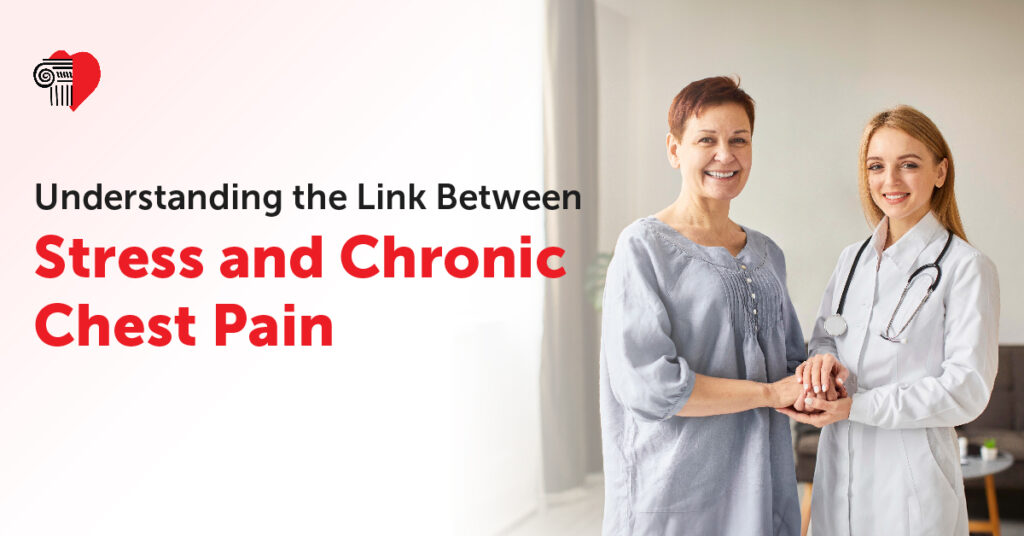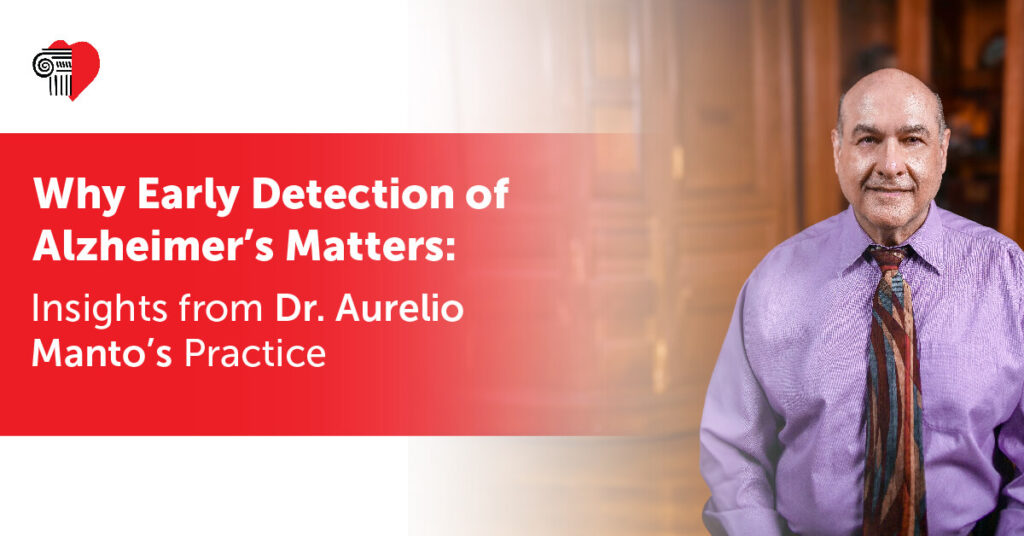Understanding the Link Between Stress and Chronic Chest Pain
Stress has become an inevitable part of modern life, affecting people in various ways. For many, one of the most alarming manifestations of stress is chest pain. While it may often be mistaken for a heart attack, chest pain caused by stress or anxiety is a common condition that can significantly impact your quality of life. This blog delves into the connection between stress and chronic chest pain, providing insights into its causes, symptoms, and strategies for relief. How Does Stress Lead to Chest Pain? Stress activates the body’s “fight or flight” mechanism, initiating a series of physiological responses. These responses include elevated heart rate, accelerated breathing, and heightened muscle tension. When stress becomes chronic, it can manifest in physical symptoms such as chest tightness and pain. Anxiety, a common byproduct of stress, plays a significant role in exacerbating chest pain. For instance, constant chest tightness from anxiety can create a cycle where the pain fuels further stress, which in turn worsens the discomfort. Without specific treatments, breaking this cycle can be difficult. What Does Chest Pain From Anxiety Feel Like? Chest pain caused by anxiety often has distinct characteristics that differentiate it from cardiac-related chest pain. Here are some common descriptions: Sharp or Stabbing Pain: Anxiety-induced chest pain often feels sharp and localized. Tightness or Pressure: Many people report a sensation of tightness or pressure in their chest, which can last for days. Fluctuating Pain: The intensity of the pain may vary, sometimes worsening during periods of heightened stress. Accompanied by Other Symptoms: It may be accompanied by symptoms like rapid heartbeat, dizziness, or shortness of breath. It’s important to note that while anxiety chest pain is not life-threatening, it can feel very real and frightening. Always consult a healthcare provider to rule out any underlying cardiac issues. Can Anxiety Cause Chest Pain Every Day? Yes, anxiety can cause daily chest pain, especially if it remains unaddressed. Chronic stress and anxiety can lead to persistent muscle tension, particularly in the chest wall and upper body. This condition, often referred to as musculoskeletal chest pain anxiety, can result in discomfort that lasts for extended periods. Constant chest tightness from anxiety can also stem from hyperventilation, where rapid and shallow breathing reduces oxygen levels in the blood, causing chest discomfort. Over time, this can become a habitual response to stress, leading to daily episodes of chest pain. How to Relieve Chest Tightness From Anxiety If you’re experiencing chest tightness due to anxiety, there are several effective strategies to alleviate the discomfort: 1.Practice Deep Breathing Exercises:Controlled breathing helps regulate your oxygen levels and calms your nervous system. Inhale deeply through your nose for a count of four seconds, hold your breath gently for seven seconds, and exhale slowly for eight seconds. 2.Engage in Physical Activity:Regular exercise reduces stress hormones and relieves muscle tension, helping to alleviate chest pain caused by stress. 3.Mindfulness and Meditation:Practices like mindfulness and meditation can help you focus on the present moment, reducing anxiety and its physical symptoms. 4.Maintain a Healthy Diet:Eating a balanced diet rich in whole grains, fruits, and vegetables can improve your overall well-being and resilience to stress. 5.Seek Professional Help:If anxiety chest pain is not going away, consider consulting a mental health professional for therapy or medication. Chest Pain From Stress for Days: When to Seek Help While stress-induced chest pain is usually harmless, persistent pain lasting for days warrants medical attention. Prolonged chest pain could indicate other conditions, such as: Costochondritis: Inflammation of the cartilage connecting the ribs to the breastbone, which can mimic stress-induced chest pain. Acid Reflux: Stress can increase acid reflux, leading to chest pain. Cardiac Issues: Though rare in stress-related cases, it’s crucial to rule out heart-related problems. If you’re unsure about the cause of your chest pain, it’s always better to err on the side of caution and consult a healthcare provider. How to Relieve Chest Pain From Stress Stress management is the key to alleviating chest pain caused by stress. Here are some proven methods: Identify Stress Triggers: Understanding what causes your stress can help you develop strategies to manage it effectively. Establish a Relaxation Routine: Incorporate activities like yoga, journaling, or listening to calming music into your daily routine. Stay Connected: Talking to friends or family about your feelings can provide emotional relief. Set Realistic Goals: Avoid overloading yourself with unrealistic expectations, which can lead to unnecessary stress. Use Stress-Relief Techniques: Techniques such as progressive muscle relaxation and aromatherapy can provide immediate relief. Anxiety Chest Pain Not Going Away: Long-Term Solutions If your anxiety-induced chest pain persists, consider these long-term strategies: Cognitive Behavioral Therapy (CBT): This therapy helps reframe negative thought patterns that contribute to anxiety. Medication: In some cases, medications like anti-anxiety drugs or antidepressants may be prescribed. Regular Exercise: Consistent physical activity not only reduces stress but also strengthens your cardiovascular system. Adequate Sleep: Poor sleep can exacerbate stress and anxiety, so aim for 7-9 hours of quality sleep per night. Professional Monitoring: Regular check-ups with your doctor can help manage underlying conditions contributing to chest pain. Conclusion Understanding the link between stress and chronic chest pain is crucial for effective management. While stress and anxiety can manifest physically in alarming ways, they are often manageable with the right strategies. From practicing deep breathing to seeking professional help, there are numerous ways to alleviate chest pain caused by stress. If you’re struggling with constant chest tightness or musculoskeletal chest pain anxiety, know that you’re not alone. By addressing the root cause and adopting healthy lifestyle changes, you can regain control of your well-being and live a more fulfilling life. Remember, your health is worth every effort.
Understanding the Link Between Stress and Chronic Chest Pain Read More »




